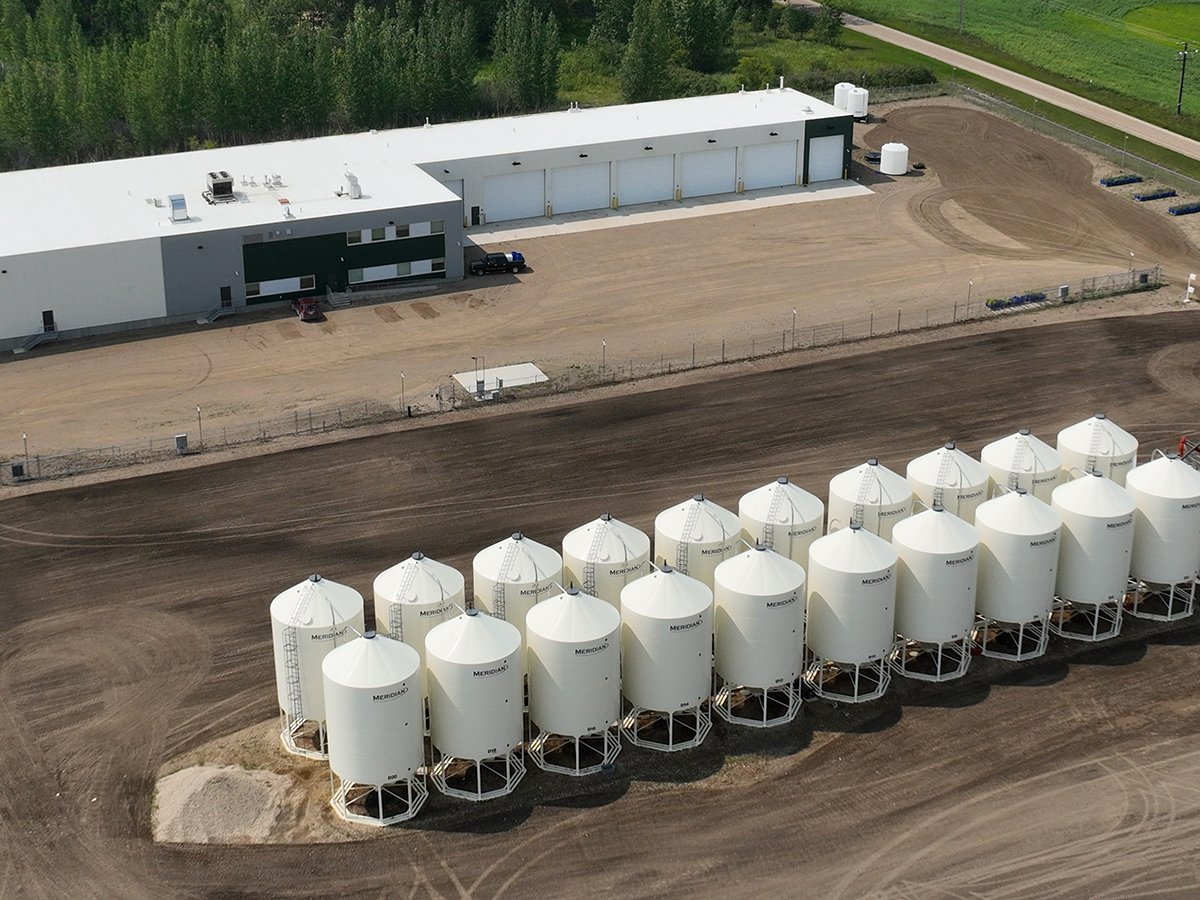Dean Dias crossed the cultural bridge between rural southern India and the teeming metropolis of Mumbai when he was seven years old and moved to the city.
In 2006, as a man, he crossed an international bridge when he moved from India to Canada for education.
Then in 2009, he crossed the bridge into agriculture by joining the Canadian International Grains Institute.
Since then, he has been helping others cross bridges between Canada and its overseas grain buyers, between milling and on-farm production.
“They want to know what happens on the farm,” said Dias about CIGI’s programs that bring foreign millers to both the CIGI headquarters in Winnipeg and to farms and grain-handling facilities in Canada.
Read Also

Saskatchewan firm aims to fix soil with compost pellets
In his business, Humaterra, Leon Pratchler is helping farmers maximize yields in the weakest areas of their fields through the use of a compost pellet.
“I think the producer piece is the gel that puts everything together. It just sticks. It’s the glue that holds the whole presentation together.”
Dias is taking over as interim chief executive officer of CIGI when Joanne Buth retires on May 24.
Dias has seen CIGI evolve from being a CWB-directed organization to becoming one getting its direction from a range of stakeholders, from multiple farmer organizations to the grain and grain products exporters who, along with Agriculture Canada, now fund the 47-year-old organization.
The world marketplace has been quickly evolving over the decade he has been with CIGI, with major expansions of Black Sea exporters and developing demands in crucial markets.
“Before I came to CIGI, I had no idea wheat was this complicated,” said Dias.
“Until you get in, you don’t realize how sophisticated this industry actually is. That got me fired-up.”
As an urbanite from a major city in Asia, Dias understands how differently grains are used in various parts of the world. As a person who has seen rural India, he appreciates the role food products play overseas.
“I’ve seen poverty and I know how important food is for people.”















